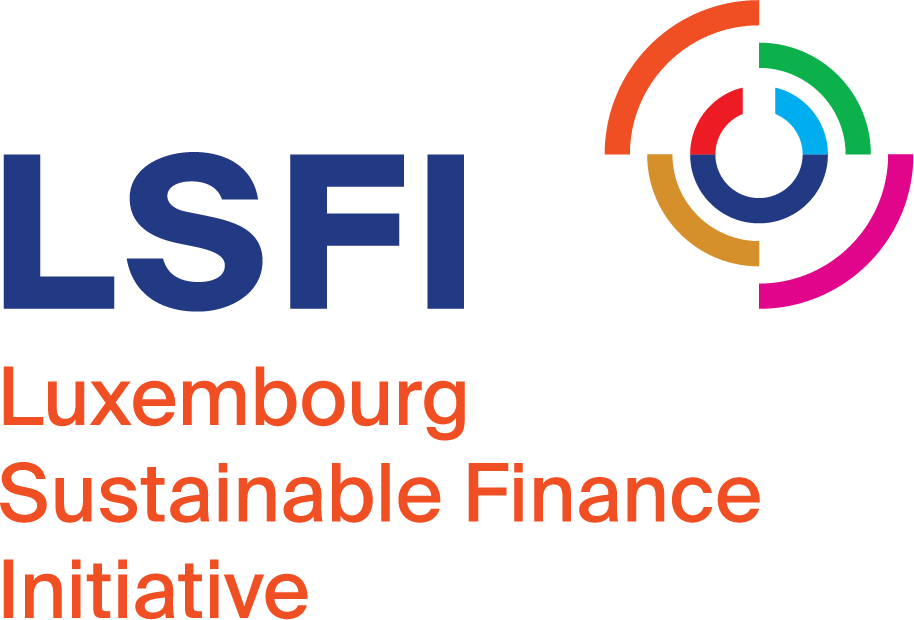Datenplattformen, die Sie auf Ihrem Weg zu einer nachhaltigen Finanzierung unterstützen.
Ressourcen-Hub – Datenplattformen
Entdecken Sie die wichtigsten Datenplattformen, die wissenschaftlich fundierte, vergleichbare und harmonisierte Open-Source-Datensätze bereitstellen.
Die nachstehende Abbildung gibt einen Überblick darüber und erklärt, was sie beinhalten und wann und warum sie verwendet werden. In der Tabelle können Sie nach Plattformtyp, Zielgruppe, Themen und Branchen filtern oder direkt mit Schlüsselwörtern suchen. Für ein optimales Ergebnis empfehlen wir, von einem Laptop auf diese Seite zuzugreifen und sie im Vollbildmodus anzuzeigen.
Eine Plattform finden
| wdt_ID | Name | Description | Tool types | Targets | Themes | Industries/Sectors |
|---|---|---|---|---|---|---|
| 1 | Climate Impact Explorer (CIE) | Provide time and spatial evolution of identified climate impact indicators (can be used for stress-testing). Show how the severity of climate change impacts will increase over time in continents, countries and provinces at different levels of warming, sta | Scenario Analysis, Stress Testing | Academia, Companies, Financial Institutions, Policy Makers | Climate, Risk, Scenario Analysis | Agriculture, Cross-sectoral |
| 2 | Global Entrepreneurship Monitor (GEM) | Conduct survey-based research to assess the state of entrepreneurship and entrepreneurial ecosystems worldwide. | Database, Knowledge | Investors, Venture Capital | Community, Education | Cross-sectoral |
| 3 | Adaptation, Biodiversity and Carbon Mapping Tool (ABC-Map) | Assess the environmental impact of National Policies and Plans (NDC, NAPs, etc) and investments in the agriculture, forestry and other land use (AFOLU) sector. | Maps, Scenario Analysis, Target Setting | Academia, Companies, Institutions | Adaptation, Biodiversity, Transition | Agriculture, Forestry |
| 4 | ACT - Assessing Low Carbon Transition | Assess corporates’ climate strategy against the required low-carbon transition and associated sector-specific decarbonization trajectories. | Company Assessment, Target Setting | Companies, Financial Institutions | Target Setting, Transition | Agriculture, Aluminum, Automotive, Cement, Chemical, Consumer Goods, Cross-sectoral, Glass, Industrial, Oil & Gas, Paper, Real Estate, Steel, Transport, Utility |
| 5 | Excellence in Design for Greater Efficiencies (EDGE) | Identify the most cost-effective ways to reduce the resource intensity of a building to prove the business case for building green and to unlock financial investment. | Knowledge, Maps, Portfolio Assessment | Investors, Mortgages, Real Estate | Energy, Housing, Water | Infrastructure, Real Estate |
| 6 | OPF Atlas | Offer a digital overhaul for the verification and issuance of carbon credits. | Maps | Companies, Financial Institutions | Taxonomy, Transition | Cross-sectoral |
| 7 | Biodiversity Guidance Navigation tool | Guided natural capital self-assessment (biodiversity-inclusive), with interactive questions and supporting resources. Guide users through a biodiversity-inclusive natural capital assessment, following the steps outlined in the Natural Capital Protocol; Fr | Company Assessment | Companies, Financial Institutions | Biodiversity, Natural Capital | Cross-sectoral |
| 8 | Carbon Pricing Dashboard | Provide a map and key statistics on existing and emerging carbon pricing initiatives around the world. | Maps, Knowledge | Companies, Financial Institutions | Transition | Cross-sectoral |
| 9 | Carbon Tracker’s Company profiles | Provide in-depth analysis on the impact of the energy transition on capital markets and the potential investment in high-cost, carbon-intensive fossil fuels. | Company Assessment | Asset Owners, Financial Institutions | Climate, Risk, Transition | Coal, Energy, Oil & Gas |
| 10 | CERISE’s Social Assessment tool (SPI4 and ALINUS) | Assess the implementation of the Universal Standards and benchmark against peers. | Company Assessment | DFIs, Investors | Client Responsibility, Employees Responsibility, Governance, Microfinance, Social | Cross-sectoral |
Haftungsausschluss – Bitte beachten Sie, dass die LSFI ein gemeinnütziger Verein ist, der die Entwicklung nachhaltiger Finanzen unterstützen möchte. Der Inhalt der Website der LSFI dient diesem Zweck, indem er Informationen bereitstellt, die dem Publikum helfen, die Konzepte und Akteure nachhaltiger Finanzen besser zu verstehen und zu navigieren. Diese Arbeit erhebt keinen Anspruch auf Vollständigkeit und zielt nicht darauf ab, eine Organisation gegenüber einer anderen zu bevorzugen. Sie ist außerdem keinesfalls als finanzielle oder rechtliche Beratung zu betrachten.


